Picture this: a sunny day, a vibrant green meadow, and a playful puppy happily exploring the grassy terrain. But wait! Is there a lurking danger in that innocent-looking grass? Can puppies contract parvo, the dreaded canine virus, just by frolicking in the great outdoors? In this article, we will delve into the world of parvovirus, uncover its transmission mechanisms, and explore whether grass poses a significant risk to our furry friends.
Table of Contents
Understanding Parvovirus
Parvovirus, commonly known as parvo, is a highly contagious viral infection primarily affecting puppies and young dogs. This stealthy virus targets rapidly dividing cells, particularly those in the gastrointestinal tract, leading to severe and sometimes fatal symptoms. Vomiting, diarrhea, lethargy, and dehydration are common signs of parvo; without timely intervention, it can have devastating consequences.

Transmission of Parvovirus
To understand whether grass can transmit parvovirus, we must first comprehend how this virus spreads. Parvo is primarily transmitted through direct contact with infected feces. When a puppy comes into contact with contaminated fecal matter or an infected dog, the virus can enter its system, leading to infection. Additionally, parvo can persist on objects, surfaces, and even soil for an extended period, allowing for indirect transmission.

Parvo Survival in the Environment
Parvovirus is notorious for its resilience in the environment. It can survive in soil and grass for months, posing a potential risk to susceptible puppies. However, it’s important to note that parvo’s ability to stay in the environment does not necessarily translate into a high likelihood of transmission from grass alone. Factors such as weather conditions, sunlight exposure, and proper sanitation practices can influence the viability of the virus outside the host.
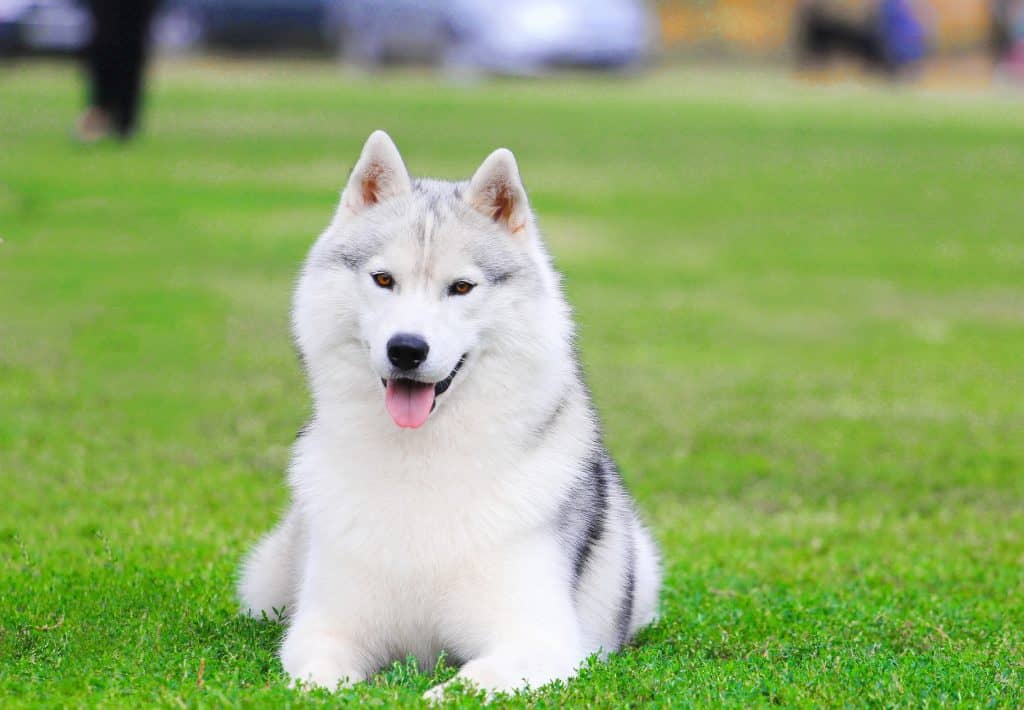
Risk Factors for Puppies
Puppies are particularly vulnerable to parvovirus due to their immature immune systems. As a result, they rely on vaccinations to develop immunity against this potentially lethal virus. Vaccination is crucial in preventing parvo infection and should be administered according to the recommended protocols. Other risk factors, such as overcrowding, poor sanitation, and exposure to infected dogs, can increase the likelihood of parvo transmission.

Can Puppies Get Parvo From Grass?
Puppies can contract parvo from grass alone is a common misconception. While it is true that parvovirus can survive in the grass, the actual risk of transmission is significantly low. Grass acts as a passive carrier rather than an active source of the virus. Puppies must ingest a substantial amount of contaminated grass or soil to contract parvo directly from these sources. The main concern lies in the potential for grass to harbor the virus temporarily, increasing the risk of indirect transmission through contact with contaminated feces.
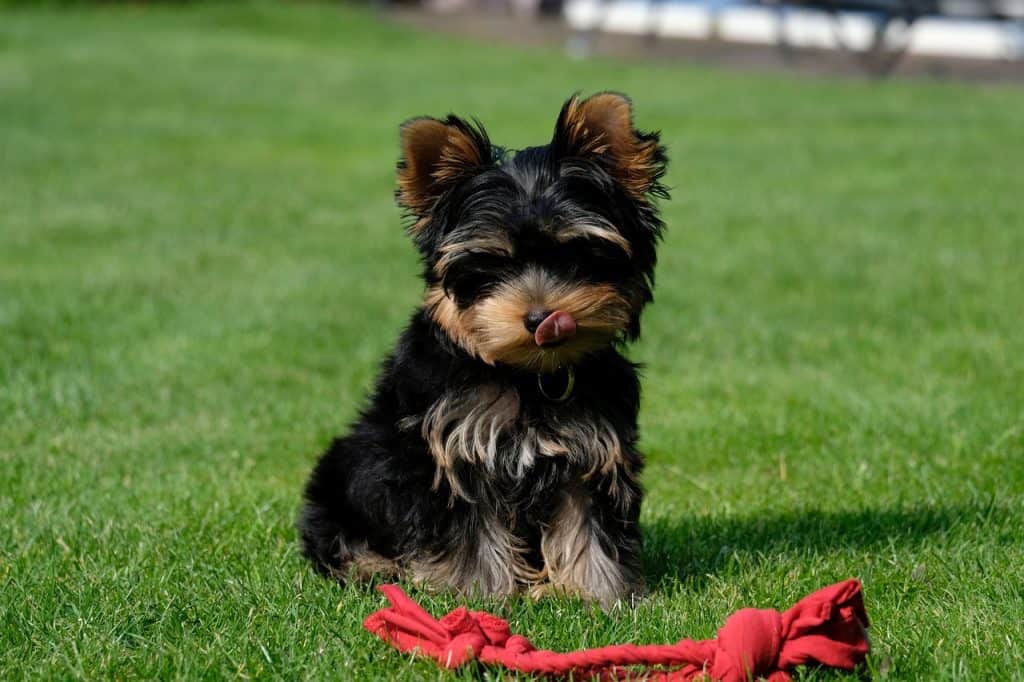
Prevention Tips for Protecting Puppies from Parvo
Vaccination
Ensure your puppy receives the necessary vaccinations according to the recommended schedule provided by your veterinarian. Vaccination is the most effective way to prevent parvovirus infection and build immunity against the virus.
Vaccines for Parvo Prevention: Building Immunity

Vaccination plays a crucial role in preventing parvovirus infection in puppies. Vaccines stimulate the immune system to recognize and fight off the virus, providing a shield of protection. Here’s what you need to know about vaccines for parvo prevention:
- Core Vaccination: Parvo vaccination is considered a core vaccination for puppies and vaccines for other common diseases. It is typically administered as part of a combination vaccine that protects against other viruses like distemper and adenovirus.
- Vaccination Schedule: Puppies should receive a series of vaccinations, starting around 6 to 8 weeks of age and continuing every 3 to 4 weeks until they are 16 weeks old. The vaccination schedule may vary depending on local guidelines and the vaccine manufacturer’s recommendations.
- Boosters: After completing the initial puppy series, booster vaccinations are necessary to maintain immunity. These boosters are typically given at regular intervals, such as annually or every three years, depending on the vaccine used and local regulations.
- Maternal Antibodies: Puppies receive immunity from their mother through colostrum, the first milk produced after birth. However, this passive immunity can interfere with the effectiveness of vaccines. Multiple rounds of vaccinations are given to overcome this interference to ensure adequate protection.
- Veterinary Guidance: It is essential to consult with your veterinarian regarding the appropriate vaccination protocol for your puppy. They can provide specific recommendations based on factors such as the puppy’s age, health status, and local prevalence of parvovirus.
- Vaccine Effectiveness: Parvo vaccines have proven highly effective in preventing the disease. However, no vaccine offers 100% protection. In rare cases, vaccinated puppies may still contract a milder disease. Nevertheless, vaccination significantly reduces the severity of illness and increases the chances of survival.
Remember, vaccines not only protect individual puppies but also contribute to the overall community immunity, reducing the risk of parvovirus outbreaks. Regular vaccination, responsible pet ownership, and good hygiene practices are critical to preventing the spread of this highly contagious virus and keeping our furry companions safe and healthy.
Good Hygiene Practices
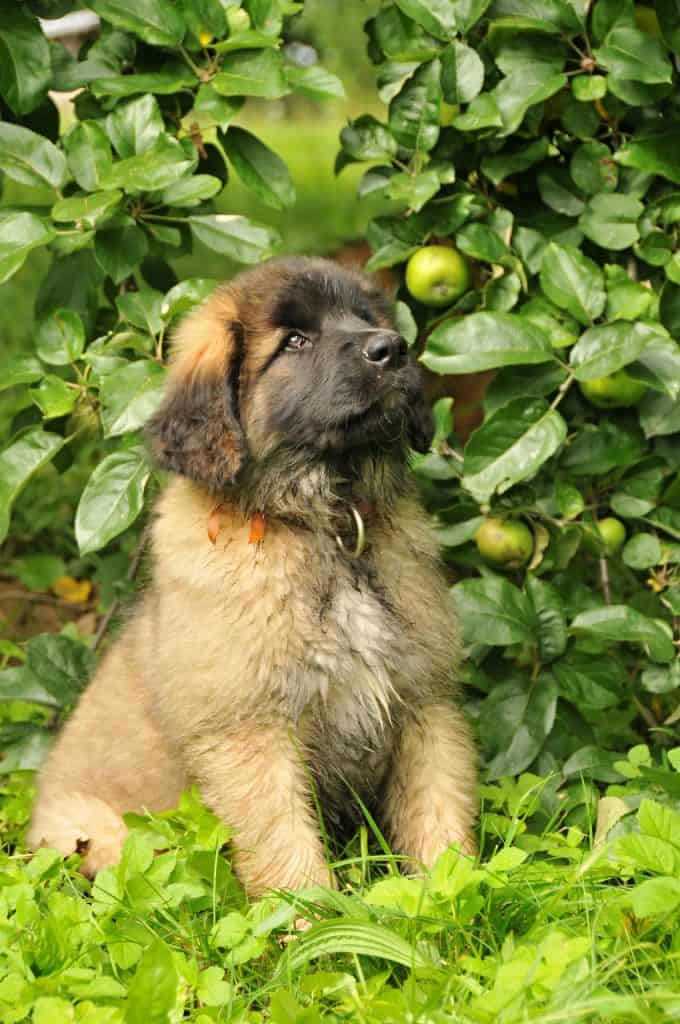
- Regular Cleaning: Clean your puppy’s living spaces, including their bedding, toys, and food and water bowls, regularly. This helps minimize the accumulation of potential viral particles.
- Proper Waste Disposal: Always promptly clean up after your puppy and dispose of its waste in designated bins. Avoid exposing feces to the environment where it can contaminate grass and soil.
- Handwashing: Practice proper hand hygiene by washing your hands thoroughly with soap and water after handling your puppy, cleaning up after them, or coming into contact with other dogs.
Minimize Exposure to Potentially Infected Dogs

- Avoid High-Risk Areas: Steer clear of places with a high population of stray dogs or unknown vaccination history, such as dog parks or areas with poor sanitation. These areas can increase the risk of exposure to parvovirus.
- Socialize Responsibly: While socialization is essential for your puppy’s development, be cautious when introducing them to other dogs. Choose well-vaccinated and healthy dogs for interactions, and avoid close contact with dogs of unknown health status.
Regular Veterinary Check-ups

Schedule regular visits with your veterinarian to ensure your puppy’s health and well-being. These check-ups allow for monitoring your puppy’s vaccination status, early detection of potential health issues, and personalized guidance on preventive measures.
Seek Veterinary Guidance
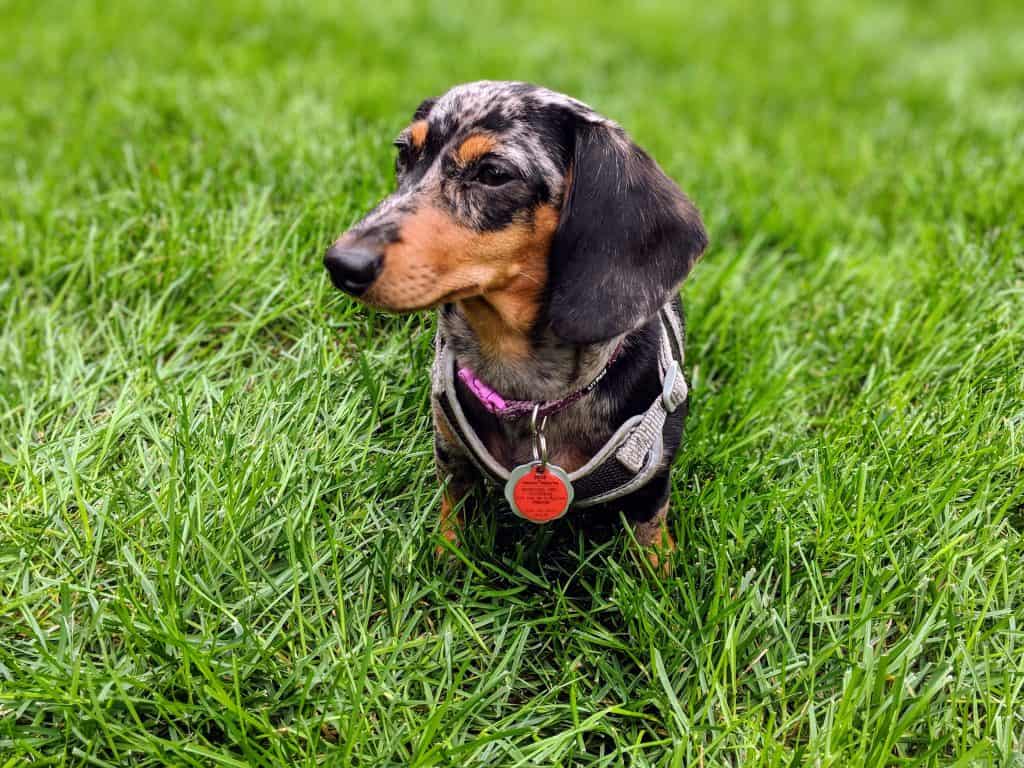
Consult your veterinarian for personalized advice on parvo prevention. They can provide specific recommendations based on your puppy’s age, health status, and local parvo prevalence. Your vet can also answer any questions or concerns regarding your puppy’s health and preventive care.
Remember, prevention is the key to keeping your puppy safe from parvo. Following these preventive measures can significantly reduce the risk of parvovirus transmission and provide a healthy environment for your furry friend.
Signs of Parvo in Puppies

Recognizing the signs of parvo is crucial for early detection and prompt veterinary care. Here are the common signs and symptoms to watch out for if you suspect your puppy may have contracted parvo:
Gastrointestinal Distress
- Severe, persistent vomiting: Vomiting may be frequent and often accompanied by yellow or greenish bile.
- Profuse and often bloody diarrhea: The stool may have a foul odor and contain blood or mucus.
Lethargy and Weakness
- Extreme fatigue: Your puppy may appear unusually tired, lacking energy, and reluctant to play or move.
- Generalized weakness: They may have difficulty standing or walking and may seem unsteady on their feet.
Loss of Appetite
- Significant decrease or complete loss of appetite: Your puppy may show no interest in food and refuse to eat or drink.
Dehydration
- Sunken eyes: The eyes may appear hollow or deeply set.
- Dry gums and excessive thirst: The gums may feel tacky or dry, and your puppy may drink water excessively.
Abdominal Discomfort
- Distended or bloated abdomen: The belly may appear swollen or enlarged.
- Abdominal pain or discomfort: Your puppy may show distress when touching their belly.
Fever
- Elevated body temperature: Parvo can cause a high fever, often exceeding 103°F (39.4°C).
It’s important to note that not all puppies display the same symptoms, and the severity of the signs can vary. Additionally, some of these symptoms can also indicate other illnesses. If you observe any of these signs in your puppy, contact your veterinarian immediately for a proper diagnosis and guidance.
What To Do If Your Puppy Has Parvo
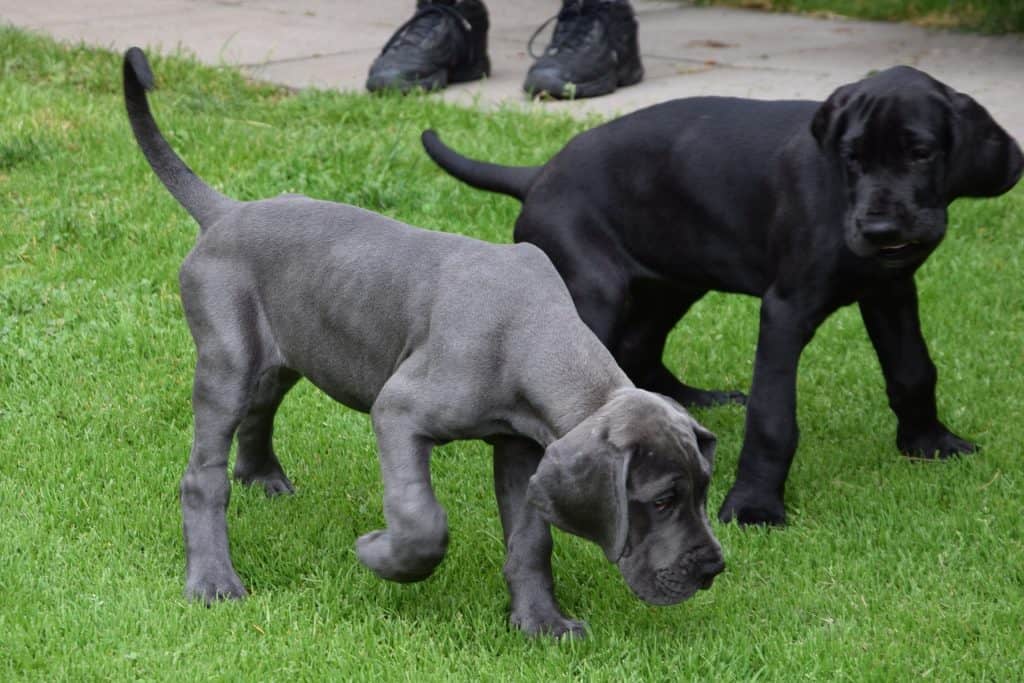
Discovering that your puppy has contracted parvo can be distressing, but taking immediate action is vital to provide the best possible care. Here are the steps to take if your puppy has parvo:
- Seek Veterinary Care: Contact your veterinarian when you suspect your puppy has parvo. Inform them of the symptoms you have observed and follow their instructions. Parvo can be a life-threatening condition, and professional veterinary care is crucial for your puppy’s chances of recovery.
- Isolate Your Puppy: Parvo is highly contagious, so separating your infected puppy from other dogs is essential to prevent further transmission. Create a comfortable and isolated space where they can rest without being in contact with other animals.
- Follow Veterinary Advice: Your veterinarian will provide specific guidance tailored to your puppy’s condition. This may include instructions on administering medication, fluid therapy, or hospitalization, depending on the severity of the infection. Follow their recommendations diligently to give your puppy the best chance of recovery.
- Supportive Care: Parvo can cause severe dehydration, so it’s vital to help your puppy stay hydrated. Your veterinarian may provide electrolyte solutions or fluids to administer at home or through hospitalization. Follow their instructions carefully to ensure proper hydration and maintain the puppy’s electrolyte balance.
- Maintain Hygiene: Proper hygiene is crucial to prevent the spread of parvovirus within your home. Clean and disinfect all areas that have come into contact with the infected puppy using a bleach solution (follow your veterinarian’s instructions for the appropriate dilution). This includes bedding, toys, bowls, and any surfaces your puppy has been in contact with.
- Monitor and Observe: Keep a close eye on your puppy’s condition and symptoms. Report any changes or worsening of symptoms to your veterinarian immediately. Be vigilant for signs of dehydration, such as excessive lethargy, dry gums, or decreased urination, as prompt intervention is necessary.
- Emotional Support: Caring for a puppy with parvo can be emotionally challenging. Contact your veterinarian or support groups for guidance and emotional support during this difficult time. Remember to take care of yourself and seek help if you need it.
It’s worth noting that the prognosis for puppies with parvo varies depending on several factors, including the puppy’s age, overall health, and how early the infection is detected and treated. However, by acting swiftly, providing proper veterinary care, and following the recommended treatment plan, you can increase the chances of your puppy recovering from this severe illness.
Conclusion
Puppies can contract parvo from grass alone is primarily a myth. While parvovirus can survive in grass and soil, the risk of transmission is minimal compared to direct contact with infected feces. Therefore, grass should not be feared, but responsible pet ownership, including proper vaccination, hygiene practices, and avoidance of high-risk areas, remains essential in protecting our puppies from this highly contagious virus. So, let your puppy enjoy the grassy adventures confidently, knowing you are taking the necessary steps to keep them safe and healthy.

